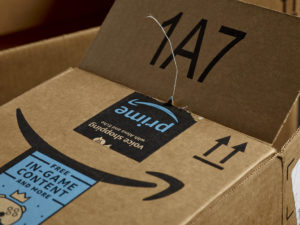“Honey tracks your private shopping behavior, collects data like your order history and items saved, and can read or change any of your data on any website you visit. To keep your data private and secure, uninstall this extension immediately,”. This was followed by a hyperlink to the process of uninstalling Honey. The last line read “Please note that all the same Amazon offers, deals, and coupons are available without this extension installed,”.
This warning showed up sometime around 20 December and the company declined to answer why they singled out Honey like that. Our goal is to warn customers about browser extensions that collect personal shopping data without their knowledge or consent,” a spokesperson for the company said in a statement, refusing to answer further questions on the matter.
Honey was taken aback by Amazon’s move and decided to comment immediately. “We only use data in ways that directly benefit Honey members—helping people save money and time—and in ways they would expect. Our commitment is clearly spelled out in our privacy and security policy,” a spokesperson for Honey told WIRED. They also said that the data that they acquire isn’t sold to other retailers, assuring customers that their privacy had not been violated.
Whatever credibility Amazon could have had regarding its concerns now seems promiscuous since the company has refused to answer questions. Moreover, PayPal and Amazon don’t exactly have the most merry relationship, as the retailer still does not accept PayPal as a direct mode of payment.
Amazon is not afraid to play dirty and they have made it public.









